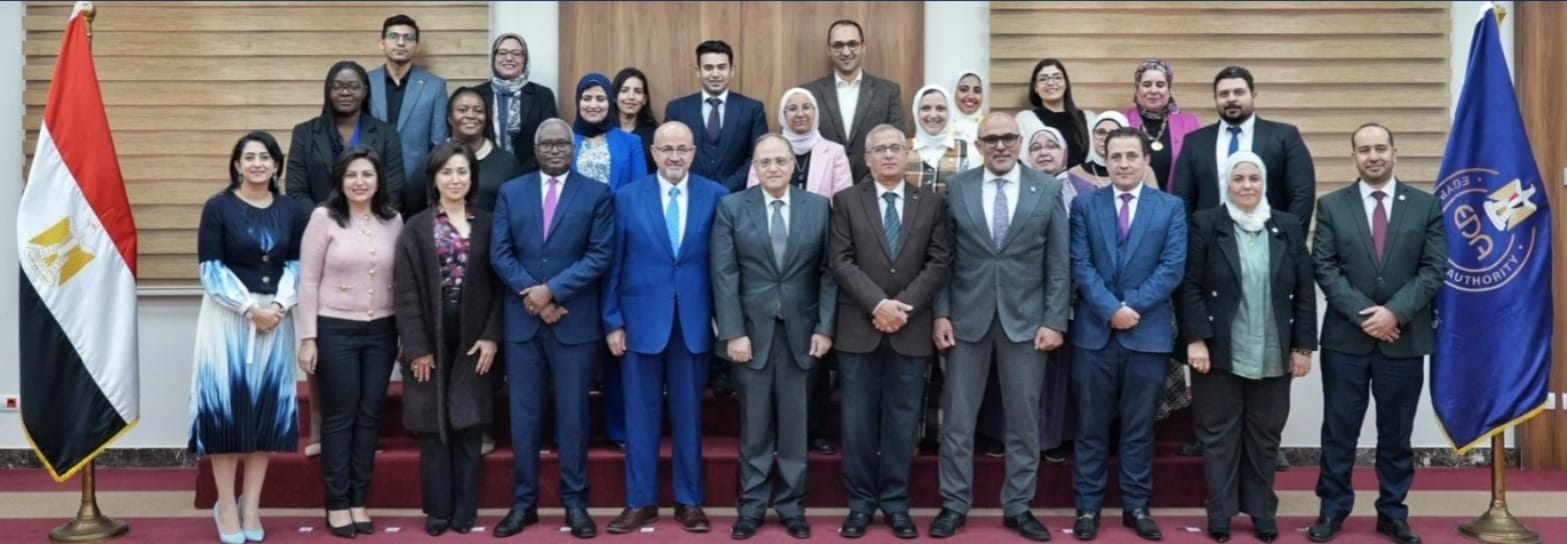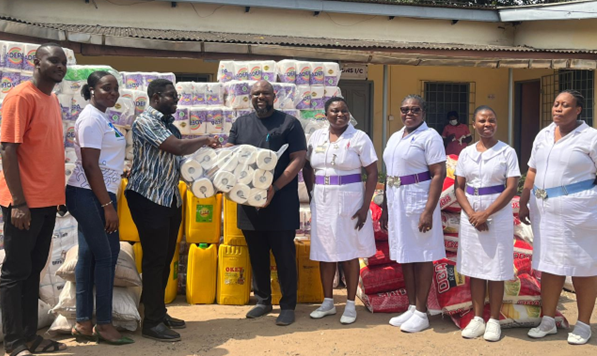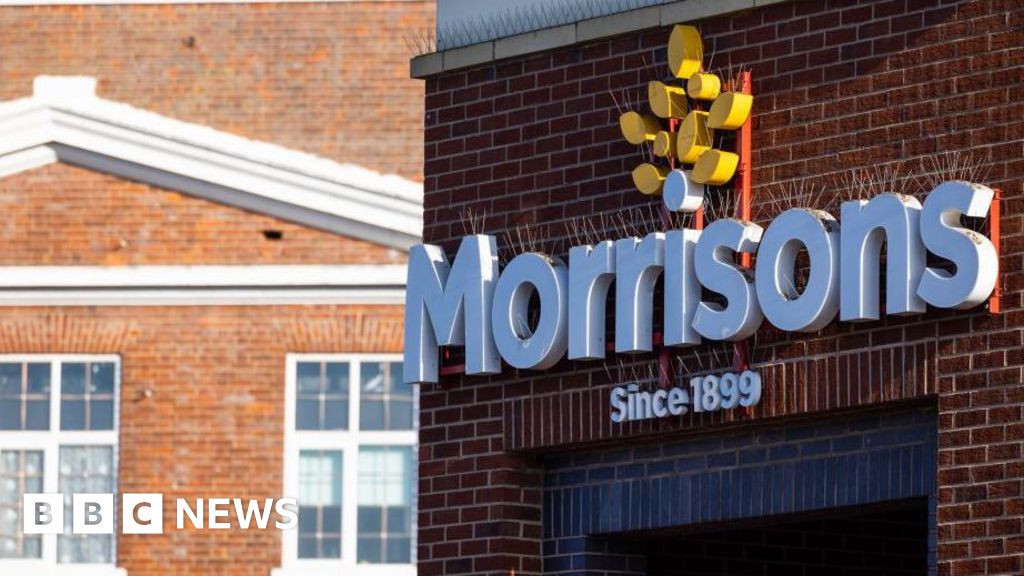The Ministry of Public Enterprises witnessed a strong movement on the path of development over the past five years after it adopted a plan for financial, administrative, and organisational restructuring to get companies under the ministry’s umbrella out of their stagnation.
After Hisham Tawfik assumed his post as the Minister of Public Enterprises in 2018, he began implementing reform at all levels in the public sector quickly and boldly to stem the bleeding of the losses incurred by it over the past years.
Furthermore, the ministry has been penetrating new sectors to keep pace with the changes that have occurred in the industry recently, as it seeks to produce electric vehicles in Egypt and localise the pharmaceutical industry to make Egypt an export centre in Africa.
It is also aiming to deepen its presence in the spinning and weaving sector in terms of agriculture and industry, and to embark on new endeavours, such as the cultivation of East Owainat in conjunction with the comprehensive development plan for the sector, which is scheduled for completing in 2023.
Electric car manufacturing plan
The minister told Daily News Egypt (DNE) that the ministry concluded merging the two affiliated companies — Al-Nasr Automotive and Engineering Automotive — into one company under the name Al-Nasr Automotive last week.
He pointed out that the ministry decided to keep the Al-Nasr Auto brand, especially as it is of great importance in Egypt.
Furthermore, he revealed a new project that the ministry is preparing in the upcoming period which targets the production of batteries and control systems in cooperation with Egyptian Bright Skies to develop control technology for managing the operation of electric vehicles.
He added that batteries and control systems represent about 35% of a vehicle’s cost, which is the secret behind companies owning their vehicles, and it achieves the ministry’s goal of owning a fully Egyptian electric vehicle.
Tawfik also pointed out that the ministry signed a contract covering the manufacture of batteries and control systems on a commercial scale and a contract extension is being signed to participate in the entire vehicle manufacturing process.
Additionally, he stressed that the manufacture of electric vehicles will be carried out in Nasr Auto, with 90% of the product being local.
Moreover, he revealed that the new company, Al-Nasr, will focus on the manufacture of electric cars and minibuses, in addition to owning a third new project to be presented to the government over the current period, which is the alternative to the tuk-tuk, provided that 50,000 units will be manufactured as a first batch.
Contract with Chinese partner to be signed soon
Tawfik also indicated that the signing of the agreement to license and manufacture electric cars with the Chinese partner has been somewhat delayed as a result of the current global turmoil in supply chains due to the Russian-Ukrainian War, pointing out that the agreement includes two licenses — one for production and sale, and the other for car components.
Furthermore, he indicated that the auto components license is still in the negotiation stage, especially as the ministry seeks to ensure the continuous movement of production components before signing and paying for the license, which means that it will take more time to complete.
He stressed that the ministry is discussing with a private production company the possibility of assembling car components on its production lines with the Al-Nasr brand, and the pricing process will be determined immediately before production due to the rapid changes in components and exchange rates.
Minibus project
Circling back, Tawfik said that the minibus production process is linked to the process of manufacturing batteries, control systems, and conducting the necessary tests on the battery — whether related to its suitability with the minibus chassis or testing battery life and durability.
He stressed that the agreement with Bright Skies says that the testing will be conducted on the minibus chassis chosen by the ministry to ensure its quality, noting that this includes a greater challenge awaiting Al-Nasr Auto, which is the production of batteries with the final specifications that have been tested on the car abroad.
Tawfik pointed out that the volume of investments is relatively large in relation to the production of batteries, but it will be less than the private investment cost of assembling cars, which may exceed EGP 1.8bn, which allows investments sufficient for the battery factory and the production of an alternative to the tuk-tuk.
Charging stations from Misr Electric Chargers
The Minister of Public Enterprises revealed that 60% of the capital of Misr Electric Chargers — estimated at EGP 150m — is distributed among insurance companies and the Sovereign Fund of Egypt, while Hassan Allam acquired about 20% of the company, and 20% has been allocated for the operating partner that will be selected.
He also pointed out that the ministry conducted a tender to choose the operating partner by offering a prospectus and about 11 companies showed interest, 10 of which attended the inquiry session, and the ministry will close the door for applications by the end of this August and select a company in mid-September.
Furthermore, Tawfik stressed that the chosen partner will implement the infrastructure works and install the stations that will be inaugurated, pointing out that the company will arrange about EGP 300m in loans in addition to its capital to launch the targeted stations.
After the company’s structure is completed, its board of directors will contract with a consultant to prepare a study to find the optimal locations for the stations, as the first phase targets about 3,000 chargers that can charge 6,000 cars at the same time, pointing out that the start of operating the stations should be within 18 months.
East Owainat Experience
Moving on, the minister discussed the experiment to cultivate short-staple cotton in East Owainat, where the ministry plans to cultivate 1,250 feddans during the current year to ensure its success, after planting about 213 feddans in East Owainat. He pointed out that this year will confirm the success of the experiment if productivity is maintained per acre.
Cultivating East Owainat is the ministry’s attempt to introduce a new type of short-staple cotton that the local market needs, despite Egypt being known for its long-staple cotton.
The minister then explained the necessity of introducing short-staple cotton and cultivating it locally, since the bulk of the market’s exported products depend on this type of cotton.
After confirming the success of the experiment, the matter will be left to political leadership to determine the number of feddans that will be planted over the next year, explaining that this year is the last year of the so-called experiment.
He revealed that the investment cost is being studied in terms of the need for advanced farming tools — whether for farming or harvesting — as one unit of equipment reaps 500 feddans, pointing out that 50,000 feddans need about 100 units to harvest, in addition to the need for a new type of gin.
Last November, the ministry announced the success of the experiment in cultivating short-staple cotton in the East Al-Owainat area on an area of 218.7 feddans in cooperation with the National Service Projects Organisation and the Ministry of Agriculture and Land Reclamation.
Textile
Furthermore, the ministry recently launched a new brand of Egyptian cotton products under the name ‘NIT’, and it is also launching a higher quality and priced brand under the name ‘Premium NIT’, noting that the ECH bears the tasks of dealing with the private sector and marketing the products.
The ECH also plans to open about 25 branches of the new brand before the end of next year.
Additionally, it aims to expand the brand in the Middle East and then expand its reach to the rest of the world from South America to China.
He emphasised that the development process begins with spinning, then ginning, then dyeing and processing
The completion rate in some factories in the Mahalla Spinning Company — which occupies a large part of the development project — has reached between 75 to 80%, in addition to the ongoing work in various locations, including the Sabbagh Al-Bayda companies in Kafr Al-Dawwar, Damietta Spinning and Weaving, the Shebin Al-Koum Spinning Factory, the Shebin Al-Koum Complex, and Helwan Spinning and Weaving.
The cost of construction works in these factories is expected to reach about EGP 7.2bn, in addition to modern machines, which are worth €540m.
He explained that a loan amounting to €540m was obtained in full to finance the purchase of new factory equipment, explaining the first shipment of equipment and machinery for the development of the spinning and weaving industry was financed by European financial institutions and is arriving at Egyptian ports within days, most of which are European-made, with a small portion of them being Japanese-made.
Tawfik added that the new and developed gins all include cotton mills to produce cottonseed oil with an annual production capacity of 20,000 tonnes, and that a specialised company has been established in this regard in partnership with the local private sector at a rate of 50% for each party to pump liquidity into the purchase of machines and various costs for the process of oil production, all the way to marketing it under a new brand.
He revealed that the historical debts of the Holding Company for Spinning and Weaving in favour of the sovereign authorities were fully settled over the last period for all subsidiaries, with a total of about EGP 20.7bn in favour of the National Investment Bank, the electricity and gas sectors, social insurance, the Tax Authority, and the Holding Company for Construction and Development, through exchanging debts for plots of owned non-exploited land.
He also explained that the cotton trading system for the fourth season will be under the management of the trade companies affiliated with the Ministry of Public Enterprises as per a decision by the Minister of Trade and Industry, noting that the new season will witness the entry of the commodity exchange into the cotton trading and auction system.
The minister stressed that the collection centres in the 200 governorates were witnessing auctions between traders and farmers, and after the new system was introduced, auctions became electronic remotely through a new system for commodity exchange as a start to managing the entire system.
He revealed that the system achieved positive results by improving and regulating the process of trading cotton by selling it in public auctions, contributed to achieving full transparency in determining the prices of cotton offered for sale, and greatly reducing the phenomenon of jellabas and intermediaries between producers and companies, which negatively affects the market balance and farmers’ revenues and improves quality and the purity of cotton in light of determining the price of quintal according to the rank and netting rates.
This prompted farmers to pay more attention to the cleanliness of their cotton, as well as enabling farmers to set a suitable price for cotton by selling it at public auctions, in addition to the speedy collection of their financial dues.
The steel sector
In terms of steel, Tawfik explained that the first phase of the development of Delta Steel will boast a production capacity of 250,000 tonnes provided that the manufacturing process be up to the billet stage only, and that the second phase will witness the establishment of a foundry, which is currently being worked on and scheduled to be completed by next year, with a total investment cost of EGP 700 to 750m that were financed from the proceeds of selling 32 unused feddans owned by the company.
He emphasised that the development project included replacing the old factory of rebar — which produced about 46,000 tonnes — with a new factory with a total production capacity of 500,000 tonnes of billets annually in two phases, in addition to establishing a new steel and cast-iron foundry with a production capacity of 10,000 tonnes annually.
He added that a license was obtained from the Industrial Development Authority to increase production capacity, explaining that the company became profitable with a value of about EGP 24m in FY2020/21, compared to a loss of EGP 49m in FY2019/20.
The hospitality sector
In terms of hospitality, Tawfik revealed that his ministry — in coordination with the Sovereign Fund of Egypt — started the procedures for separating some hotels from the Holding Company for Tourism and Hotels, and that there will be an evaluation for each of them to choose which will be included in one company, explaining that the total number of hotels covered by the process is currently nine hotels.
He added that the process of selecting the resident must be compatible with the strategic investor, who will be a partner in coordination with the sovereign fund, provided that the time frame for the agreement is about two months at the latest, while the evaluation and hotel separation process is expected to last for eight months.
Furthermore, Tawfik indicated that after separating 30% of each hotel and merging them into a new company that will be transferred to the Holding Company for Hotels, the strategic investor will then buy about 85% of it and the rest will be put on the stock exchange.
He added that the Governmental Offerings Committee has taken a decision regarding any sale of assets to a strategic investor, which will witness the offering of a percentage of the company on the Egyptian Exchange.
Prime Minister Mostafa Madbouly previously announced a plan to merge the largest government hotels under the umbrella of one company, provided that public hotels owned by the government would be offered to the private sector within the scheme to increase the private sector’s participation in government investments to reduce government participation rates.
In a related context, he explained that the Egyptian General Company for Tourism and Hotels (EGOTH) — which is affiliated with the Holding Company for Tourism and Hotels — offered a few days ago an invitation to investors wishing to invest in the field of hotel, administrative, and commercial projects to participate in the capital of a project to revive the Continental Hotel in Opera Square in central Cairo.
The offering included inviting investors to participate in a joint company of the Continental Project with 40% of the land and buildings of the project in order to implement the project to restore the Continental Hotel to what it was when it was established in 1870.
The invitation specified obtaining the terms and information brochure for the project in exchange for EGP 10,000 from the headquarters of EGOTH on Latin America Street in front of the US Embassy in the Garden City area.
He pointed out that this project comes within the framework of the state’s plan to revive Khedival Cairo due to the region’s distinguished architectural heritage, where the designs of the hotel were prepared in the same distinctive architectural style and with the same original heights on which it was built, taking into account the structural footprint of the original building and its external borders.
This is in addition to reconstructing it according to its historical facades, while preserving the facade overlooking Adly Street, along with linking and integrating it with the design on the facades that were prepared and are consistent with the distinctive architectural character of the building.
Tawfik suggested that the process of awarding the winner of the tender and agreeing to implement the project will not exceed about four months.
The pharmaceutical sector
The minister also confirmed the study of the process of establishing a factory for pharmaceutical raw materials with an Indian partner — which is still under study — to exploit the reputation of high-quality Egyptian products in opening markets that compete with the drug industry monopolists, explaining that the number of raw materials and products will be limited, but in large quantities.
Jusoor
Shifting gears, Tawfik indicated that he is going to wait up to three months to evaluate the launch of the six branches of Jusoor in Africa, which initially aims to contract and agree with the largest number of wholesalers and sellers to ensure large-scale purchases.
He explained that work has already been done to revive and develop the company or re-brand Al-Nasr Export and Import to change its mental image at home and abroad and change its name to ‘Jusoor’ under the slogan: “We Cross the World.”
They also updated the business model to provide mediation and promotion services, transport and logistics services to dealers in foreign trade from exporters and importers in cooperation with major providers of such services from international and local companies from the private sector, as well as providing banking services in cooperation with the National Bank of Egypt, and insurance through the ministry’s Misr Insurance Company.
He added that the electronic catalogue of Egyptian products was prepared and officially launched last July, and so far includes 19,000 products with a total of 1,138 companies registered on the catalogue.
The fertilisers sector
In terms of fertilisers, Tawfik revealed that Delta Fertilisers and Nasr Fertilisers signed a contract a few days ago with a German consultant to determine the efficiency of the current units to be used in the development processes and the establishment of units for the production of nitric acid and ammonia nitrate, provided that the final decision will be within two months, followed by a detailed three-month study of the units that will be changed.
They are also scheduled to implement a project to produce green ammonia using electrolysis in cooperation between Al-Nasr Fertilisers and the private sector for the purpose of exporting.
Contracting and construction sector
Furthermore, Tawfik revealed that the opening of the first phase of the Merryland Park will be held within a few days, explaining that the contract for the development of Heliopark with Mountain View is under the study of the Administrative Control Authority. The development of Heliopark includes an area of 1,695 feddans in New Cairo City on the Cairo-Suez Desert Road.
The first phase of Merryland Park includes a casino, a lake area, and includes restaurants, cafes, and a dancing fountain.
As for the Granada Palace development project area, it comes within the framework of preserving the distinguished architectural style and its archaeological and historical value, in order to hold recreational and cultural activities and events that serve the community in all its categories.
Misr Aluminum
Finally, the minister indicated that after studying the rehabilitation of Misr Aluminum’s factory, the estimated cost of the development will be about EGP 315m, EGP 200m of which will be secured through a capital increase by offering a new share to the partnership and the rest through bank financing.
He also said that they are awaiting final approval from the Ministry of Electricity and Renewable Energy on the terms of the solar power plant that will produce 1 GW in order to reduce the production costs that the company currently bears.




















Discussion about this post